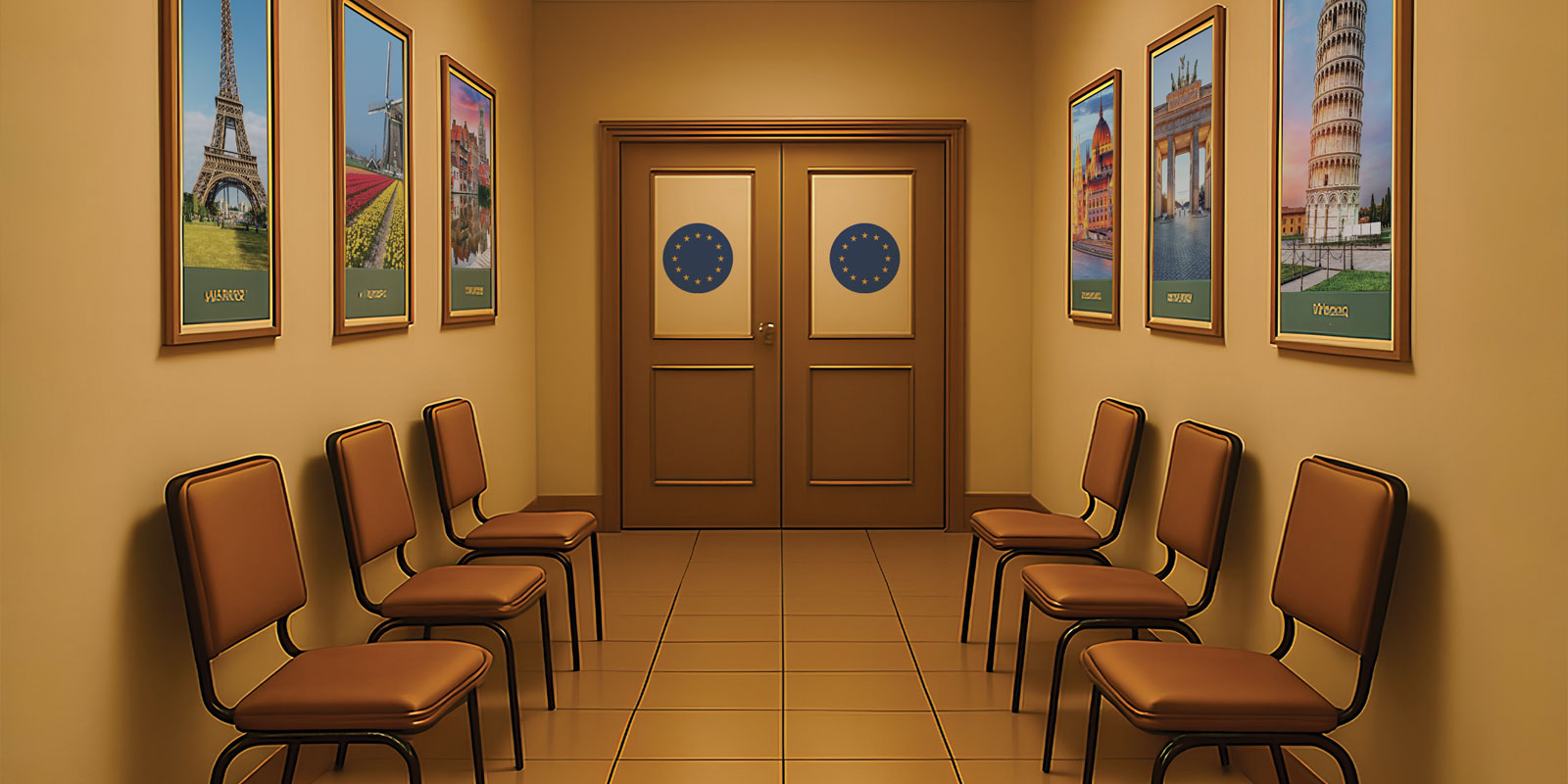PUBLICATION: Analysis
Russia and China, friends and brothers of the captured state – analysis of narratives used to capture the state
What narratives are used to describe the cooperation of the Serbian government with illiberal forces such as Russia and China, and how those narratives are related to the capture of the state in Serbia, read in the text written by BCSP senior researcher Vuk Vuksanović.
The narratives used by the Serbian elite and pro-government media in 2020 and 2021 show that pro-Russian and pro-Chinese narratives play a role in the process of state capture. By pushing the pro-Russian and the pro-Chinese narratives, the Serbian elites promote themselves domestically to their public, strengthen their hold, and prolong the condition of the captured state.
The pro-Russian narrative exposes the reality of captured media in Serbia. The narrative of brotherhood where Russia is the mighty power protecting Serbia, particularly on Kosovo. The narrative is pushed through government-controlled and government-friendly media so that the ruling coalition can capitalise on Russia’s popularity in Serbia. As Serbian leadership tried to tone down its ties with Russia, the narrative on Russia also changed, as demonstrated by the reception of Russian medical aid during the pandemic and accusations against Russia during the violent anti-lockdown protests. However, as Belgrade reactivated some of its old ties with Moscow, the pro-Russian narrative was reinvigorated in light of Biden’s presidency in the US. The easiness with which Serbian leadership changes the narrative on Russia depending on what suits her better at a given time shows the government’s control over the media domain, a major element of state capture.
In regard to China, two major narratives were identified. The first narrative is the one where the Chinese projects and the perceived benefits they bring to the Serbian citizens are being praised. However, the Chinese projects come at a price of the declining rule of law standards, expressed through decreased transparency, degraded environmental and labour standards, and the introduction of Huawei’s surveillance technology. The declined rule of law helps the Serbian elite in the state capture enterprise. The Chinese narrative enables Serbian leadership to get away with the degradation of standards and defend themselves against criticism. The second narrative involving China is one of steel friendship and brotherhood between the two countries and between two presidents, President Vučić of Serbia and President Xi of China. This narrative focuses on President Vučić, who promotes himself domestically as the enabler of partnership with China. Behind this narrative is the process of captured foreign policy. Namely, in the Serbian system of government, the government and the prime minister are in charge of foreign policy and not the President. However, foreign policy as one of the key elements of public policy is dominated by a single, illiberal leader who uses it for domestic promotion, as fostered and demonstrated through his narrative of friendship and brotherhood with China.
This publication was produced with the financial support of National Endowment for Democracy (NED). Responsibility for the content of this publication belongs solely to Belgrade Centre for Security Policy.
DETAILS
DATE: 17.01.2022
TOPICS: Foreign Influence, Foreign Policy, Serbian Foreign Policy, Serbian Security Policy, State Capture
TYPE: Analysis
AUTHORS
SHARE
PDF PREVIEW
RELATED

Date: 22.10.2025.
Author: Jelena Pejić Nikić |
This policy paper examines Western Balkan stakeholders' perspectives on what is needed for meaningful enlargement and the EU reforms they consider essential for an effective expanded Union. Field research in spring and summer 2024 included 16 high-level interviews with representatives from all six countries of the region.

Date: 26.03.2025.
Author: Isidora Stakić |
Human rights defenders are people who act, individually or jointly, to advance human rights and fundamental freedoms and fight for their protection at the local, national and international levels.

Date: 20.02.2025.
Author: Dr Srđan Cvijić |
This study examines the political views of the Russian immigrant community in Serbia who relocated following the beginning of a full-scale Russian aggression against Ukraine in February 2022.



